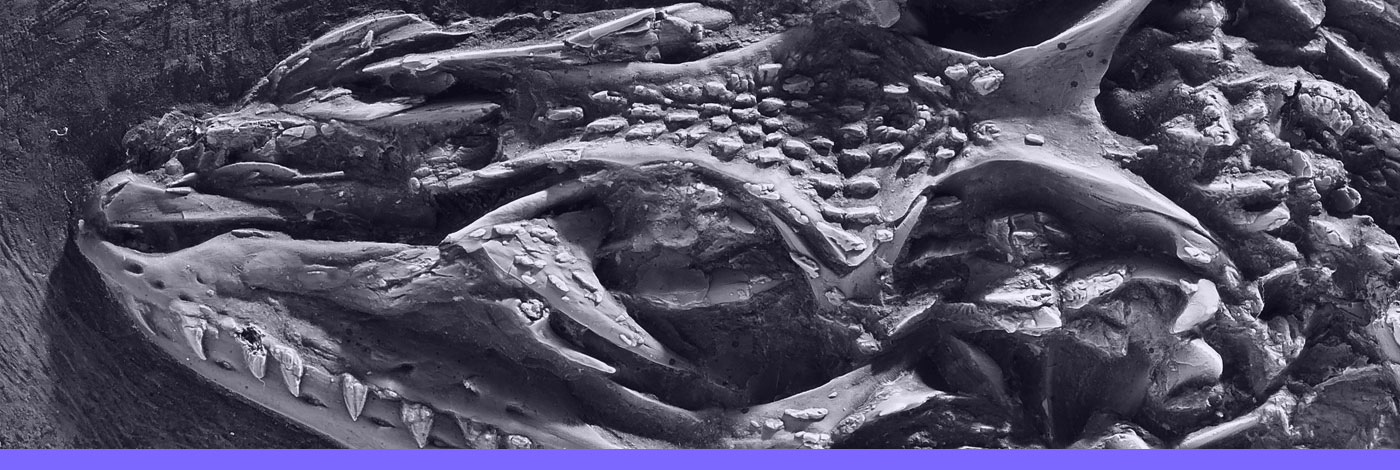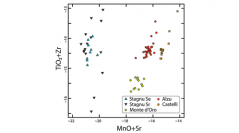

 Comptes Rendus Palevol
17 (3) - Pages 220-232
Comptes Rendus Palevol
17 (3) - Pages 220-232Through the analysis of flint and obsidian artefacts, numerous studies have shown the links that existed between Corsica and Sardinia during Neolithic and Chalcolithic. However, we have almost no information about the movements and exchanges that took place in Corsica itself. Rhyolite, a siliceous volcanic rock, has been exploited in Corsica and disseminated throughout the territory from the early Neolithic. Up to now, only one major study has been conducted in the North of the island, in order to identify, by petrographic analysis, the raw material deposits of these rhyolite artefacts. Petrography is a destructive method; it is thus difficult to apply it to large series of archaeological objects. Our aim was therefore to investigate less invasive analytical methods, based on the geochemistry of rocks, in order to conduct future studies based on these rhyolite remains. We analysed 34 geological samples from four different sources, as well as 31 archaeological samples unearthed at three different archaeological areas. We show that EDXRF is an effective method to discriminate sources but also to characterise artefacts using nondestructive protocol. LA-ICP-MS encounters issues due to heterogeneity of the studied rocks. However, we show that by adjusting our testing protocol this method can complement the EDXRF analysis, which is ineffective on objects that are too thin.
Neolithic, Chalcolithic, Corsica, Rhyolite, Lithic source provenance study, EDXRF, LA-ICP-MS